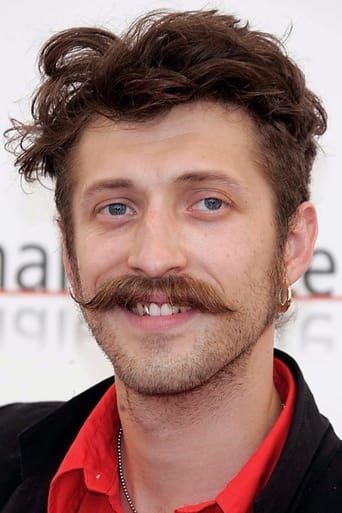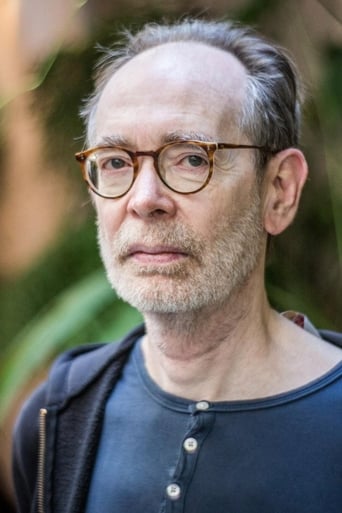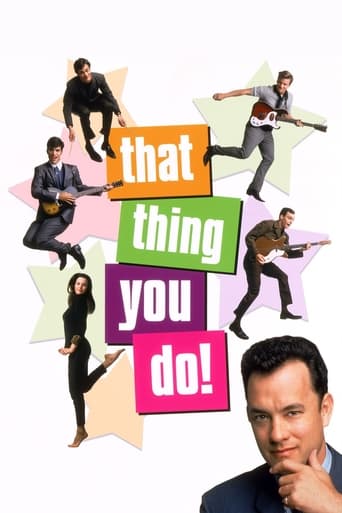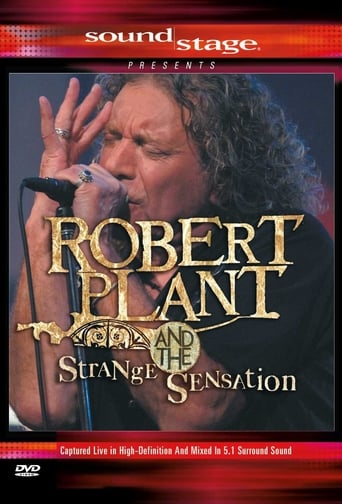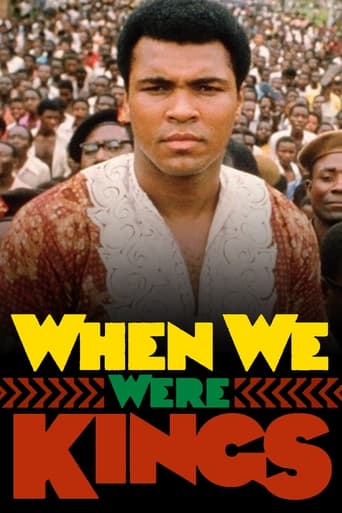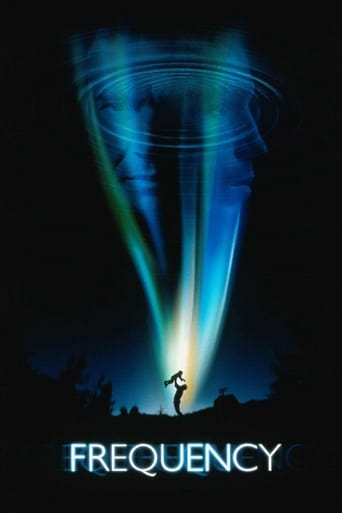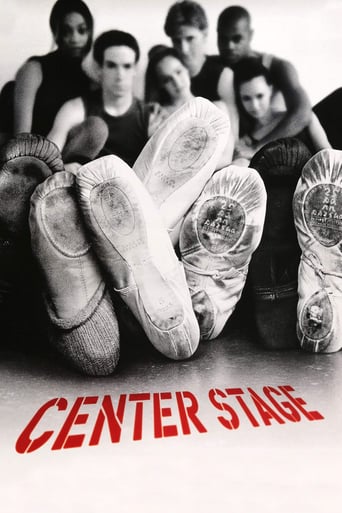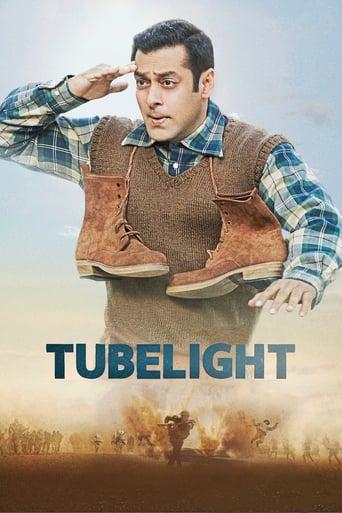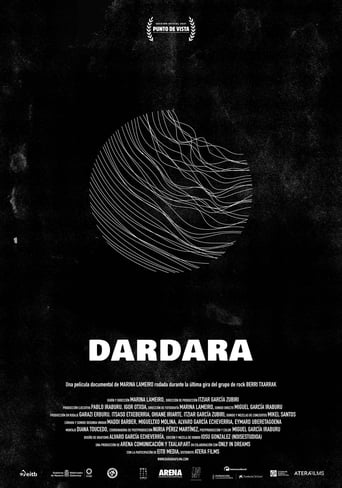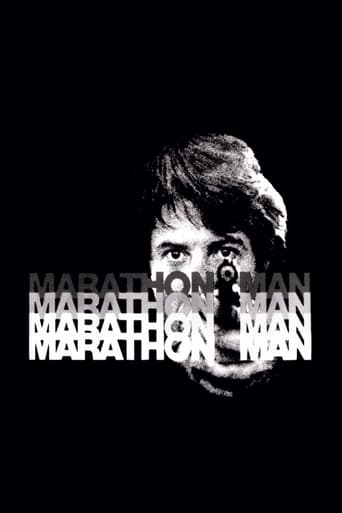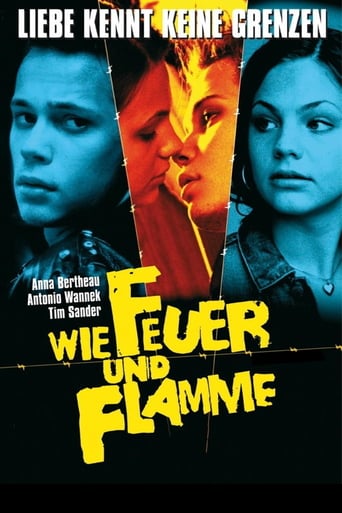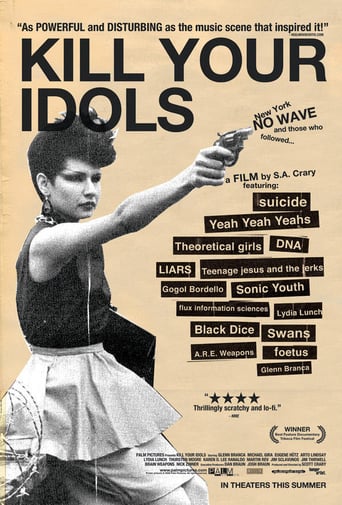

Kill Your Idols (2004)
A 2004 documentary on thirty years of alternative rock 'n roll in NYC.Documenting the history from the genuine authenticity of No Wave to the current generation of would be icons and true innovators seeing to represent New York City in the 21st century
Watch Trailer
Cast


Similar titles
Reviews
There's nothing captivating--or, at the very least, enlightening--about the No Wave movement which started in New York City's East Village/SoHo District in the mid-1970s as a non-commercial, non-melodic answer to glam rock and punk. Skittering through a brief history of the music--which includes vintage footage and new interviews with pioneers Lydia Lunch and members of Teenage Jesus, Swans, Suicide, Theoretical Girls, and '80s torch-bearers Sonic Youth--amateur auteur Scott Crary avoids overtures to nostalgia while demonstrating what was so enticing to these musicians about being completely out of the mainstream: they were free to do their own thing while (unintentionally, perhaps) cementing an art-rock off-shoot. But Crary can't wait to get up-to-date with the new bands carrying on and, unfortunately for his film, few of the 20-somethings who hit the stage can barely formulate a concise thought much less create a riff. Though based in Brooklyn, the lead singer for the Yeah Yeah Yeahs talks like a Valley Girl from Sherman Oaks. "And, um, it's like...well, when we...I mean, you know..." Lydia Lunch is correct when she says the No Wave movement has become softened through homogenization; the veteran bands were fighting the bourgeois, middle-class aesthetic, but I have no idea what is driving this new generation (the kids have the atonal rage down pat, yet show no interest in the music's history, no appreciation of the communication between audience and performer). There are one or two funny insights dropped along the way (who wouldn't want to listen to Lalo Schifrin over Black Dice?), but otherwise this documentary does the opposite of what I assume Crary was trying to accomplish: it makes the No Wavers of today look like vapid substitutes desperately in need of a thesaurus. *1/2 from ****
Reading some of these reviews, a lot of people seem to miss the point that no-wave was an idea, not a 'scene' or a genre. It was about negating the past, not heralding it. I've read a few comments damning the film for not staying anchored in the past which is perhaps to miss the entire point of what no-wave is and stands for. Likewise, to claim the doc's point is to prove that it was "so much better in the past" is also silly and proof that the film wasn't viewed closely enough. On the contrary, this small film seems to suggest something much more complex and does so without any didacticism. It states, through subtle contradictions and especially with its genius closing montage (dont want to spoil it by explaining it), a very important point about the post-modern wall: that it's impossible to criticize an entire generation for being too nostalgic (as the older bands in the film do) without being nostalgic yourself and admitting that, yes, it was so much better back then. This impedes creativity as does the general culture of nostalgia currently. It leaves us and the culture stranded. The film really uses no-wave and its ideals as a way to prove the dangers of nostalgia, even if the nostalgia is for no-wave itself. As for the comments above, about the newer bands not being directly related or being interconnected...WHAT??? That's completely false. Anyone in NY during that year the film presents them (2002) knows those bands were all playing together constantly. They all played the same clubs, hung out at the same bars and frequented the same magazine spreads. And I think the film is less trying to group them together than it is obviously trying comment on how the media was attempting to do so (remember those 'brooklyn scene' family trees in Rolling Stone, NME, NY mag, etc.?). I could be wrong, but the film seems to MOCK the whole idea of grouping so many individuals together as representative of one thing or of being of one voice. I think it's commenting, and not so quietly, on the manipulations of media and the music industry to do so. Mass production = mass consumption, after all. It attacks the idea of "scene" and the industry's invention of them. I think that's the not-so-subtle point of the jump-cut edits as well. That's a standard cutting practice in any documentary (to clean up the um's and ah's that retard speech)--usually it's just masked in b-roll and stills, etc. In the case of KILL YOUR IDOLS, the manipulations are just exposed. By exposing the lie, it's more honest in a way. Anyway, I wouldn't say the cuts really pervert what the people say. It's clear the editor/director is cutting out silences or blatantly juxtaposing comments to make two points into a third point (which is the art of film--creating new meanings by juxtaposing one image/sound next to another). The editing is one of the most clever aspects to me. I'd even say it mimics the herky-jerky rhythms of no- wave, as well, but that might be a stretch*. It's definitely of an unorthodox style. Some will get it; some won't. If you want "Behind-The-Music" and spoon-fed, pre-scripted sound-bites, you won't. If you like video art, you will. I saw another comment that the new bands aren't directly related to No-Wave which is also wrong. The film maybe falters in not making the connections explicit and you may need to do your homework to find how they are...but they are actually quite connected. YYY's have often referenced no-wave in interviews (whether or not they actually succeed in their interpretation is another matter and, i think, the point of the film-- not that they are direct heirs). Liars are of an obvious ilk, particularly as their career went on. ARE Weapons are proudly waving the Suicide flag. Gogol Bordello may seem like a wild card, but as a fan, I can tell you that their first albums were produced by none other than Teenage Jesus & The Jerks' Jim Sclavunous (who's in the movie). Also, Eugene Hutz said himself the very reason he moved to NY was to audition to be in one of James Chance's later bands. Flux was produced and heralded by Mike Gira from Swans. And Black Dice have an obvious disinterest in past connections, like the no-wave bands. Anyway, they all had some connection to Sonic Youth, the original children of no-wave, which IS explicitly stated by all in the film. They were all being grouped under the no-wave umbrella by the press a few years ago (correctly or incorrectly is no matter). And, besides, a truly new no-wave band wouldn't sound anything like an imitation of no-wave, would it? It would only try to disavow itself from influence--even that of the no-wave bands, themselves. The new bands do have in common that intent to do something "new". I think the film is trying to expose whether they succeed and how they might be able to do so or what might prevent that ability. And the target doesn't seem to be the artists. It seems to be a culture and industry that commodifies the past.Brilliant documentary. Watch it more than once. You'll need to.*(I just read on Pitchfork that the film supposedly made for $300?? If so, that might explain it's rough and tumble feel. And considering that, the film seems impossibly epic and polished). **(Seeing the accumulation of other posts now, it seems a lot of people confused by the film aren't from New York or hadn't heard of No Wave before. I doubt either are pre-requisites, but I thought it fair to point that I am from NYC and had heard of No Wave and most of the bands before. I'd imagine the deeper issues communicate across place or knowledge of the scenes though).
A short documentary about the New York, 'No Wave' music scene. Bridging past and present, this movie starts out well, and the interviews with some of the older artists were great. Truthful, unpretentious, no holds barred. What was 'No Wave?' A musical movement that grew out of Punk Rock. Was it Punk Rock? Well, sort of, but not really. It was/is a more artistic expression, more of an experimental ethic. Unconventional to be sure, but the association by sound (with Punk) isn't as strong as the ethic (revolutionary). This documentary was obviously trying to show the continuation of this ethic, from past to present. I think it would have been better served as a focus on the roots of this movement, as the connection to the current music scene (up to 2004), paints the current group as more concerned with commercial aspects of their success, than they are with an honest expression of their own music. I like the way they let the artists tell the story, but some of the footage was a bit rough (poor quality), and then there was the totally unnecessary scene depicting oral sex?! What the? Why was that in there? In the end, it was a part of my past that really enjoyed this movie.
In the first half of this great documentary, we meet the former members of the 70's and early '80s New York no-wave scene which included Suicide, Lydia Lunch, DNA, Theoretical Girls, Teenage Jesus and the Jerks, Swans, and Sonic Youth. We learn how truly underground and chaotic their thing was; they took punk to an extreme that the more familiar NY bands (Dead Boys, Ramones, etc) never dared. This was anti-music, atonal and extreme, but very much in step with the punk ethos of breaking down the barrier between artist and audience. These were some truly desperate and alienated human beings raging out with the only means available to them. The docu features original on-stage footage filmed in tiny clubs as they shrieked, abused guitars, and pounded away in desperation. Whether or not you like that sort of thing, the scene's urgency and authenticity spoke for itself.Fast forward to the 21st century. For some reason the post-punk/no-wave shtick is fashionable again, and we meet the Yeah Yeah Yeahs, the Liars, Black Dice, and a few others. This is a selection of artists who happen to be in line, on some level, with the no-wave aesthetic- but as anyone who's been following recent pop trends knows, they exist within a larger musical and cultural context obsessed with late 70s/ early 80s rock culture in general. They tell us a little about gigging it the Apple today and how impressed they are with their forebears. That's about all. However, the original interviewees haven't gone away; somehow they're still alive and it's when they express their opinions on the new scene that the film really changes pace.Yes, the film's second half amounts to one of the most severe ass-beatings ever recorded. They're quite remorseless; Lydia Lunch is particularly scorching in her assessment. Pretty much all of the original interviewees express their contempt for current-day trendies and scenesters who have nothing to say and simply want to feed off the past (whilst wallowing in the fashion, of course). To be sure, the two scenes stand in sharp contrast; the old zeitgeist of alienation, risks, originality, and zero recognition is a bit different from today's skin-deep New York that can spawn the Strokes and hype them up into superstar status before anyone's heard them. It was amusing for me to see this film at a film festival because I saw it in a room full of young hipsters who came expecting to be flattered and instead must have felt that they received a big slap in the face. There was a palpable tension in the air Fortunately the documentary doesn't set it all up as us vs. them, old scene vs. new scene. A glimpse of hope comes from the band Gogol Bordello and its leader Eugene Hutz, who emigrated from the Ukraine and play weird gypsy punk cabaret music in a downtown Manhattan joint. They're the only one of the crop of young bands featured here that seems to agree with Lunch and the rest that culture should look forward instead of backward.Anyway, as you walk out of the theatre, your heart torn out and your punky haircut about to collapse in a shambles of postmodern anxiety, don't be too hard on yourself. No, let me rephrase that. Be as hard on yourself as possible and don't try to escape the film's point; it'll come back to haunt you. But, it's not too late to change. When you wake up the next morning, you just might find the courage to do something that's actually original.


